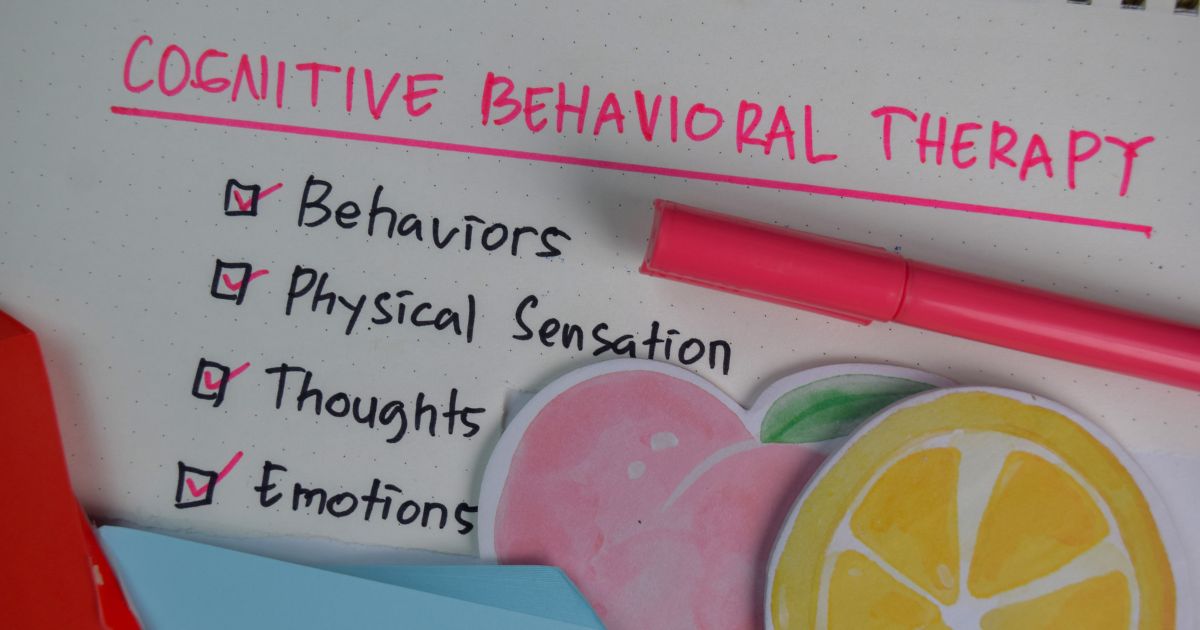
Co-occurring disorders are a combination of mental health and addiction challenges, often creating a cycle that can be difficult to break without proper treatment. In these cases, an individual may struggle with substance use disorder (SUD) and mental health issues like depression or anxiety at the same time. This combination complicates recovery, as both conditions tend to reinforce one another. Understanding how these disorders interact is key to finding an effective solution for long-term health.
What Are Co-Occurring Disorders?
Co-occurring disorders, sometimes called dual diagnosis, occur when someone experiences both a mental health issue and a substance use disorder simultaneously. These disorders can vary in severity, with one condition often intensifying the other.
For example, someone with anxiety might turn to alcohol to self-medicate, but this behavior could eventually lead to alcohol dependency. On the other hand, long-term drug use might lead to the onset of depression or even psychosis.
According to recent data from the Substance Abuse and Mental Health Services Administration (SAMHSA), about 21.5 million adults in the U.S. have a co-occurring disorder. This statistic highlights how common it is for individuals battling substance use also to face mental health challenges. It’s not just about treating one or the other—both need to be addressed in a comprehensive and integrated treatment plan.

Common Mental Health Disorders in Co-Occurring Conditions
Certain mental health disorders are frequently linked with substance use disorder. These include:
- Anxiety disorders (e.g., generalized anxiety disorder)
- Depressive disorders (e.g., major depressive disorder)
- Schizophrenia
- Bipolar disorder
- Personality disorders (e.g., borderline personality disorder)
Individuals dealing with these conditions may turn to drugs or alcohol as a way to cope. For instance, someone with depression might misuse substances like opioids to feel a temporary sense of relief, only for the addiction to worsen their mental health over time. Likewise, individuals with anxiety disorders often struggle with alcohol abuse due to the calming effects alcohol provides in the short term.
The Cycle of Addiction and Mental Health
The relationship between mental health and addiction can be cyclical and self-reinforcing. In many cases, people turn to drugs or alcohol to manage their mental health symptoms, a process known as self-medication. While this may provide short-term relief, it ultimately leads to worsening symptoms and can create a full-blown substance use problem. The underlying mental health condition remains untreated, and the addiction takes root.
Take, for example, an individual with post-traumatic stress disorder (PTSD) who uses marijuana to reduce their symptoms of hypervigilance and anxiety. Over time, they may build a tolerance and increase their usage, which can then lead to dependency. Meanwhile, their PTSD remains untreated, and the cycle of addiction deepens.
Causes and Risk Factors for Co-Occurring Disorders
A combination of genetic, environmental, and behavioral factors often influences the development of co-occurring disorders. Some people are genetically predisposed to both mental illness and substance use disorder. Environmental stressors, like trauma or significant life changes, can trigger these conditions. The same genes that make someone vulnerable to mental illness may also increase their risk for addiction.
Risk factors include:
- Genetics: A family history of mental illness or addiction increases the likelihood of developing co-occurring disorders.
- Trauma: Experiencing trauma, especially in childhood, can lead to the development of both addiction and mental health conditions.
- Stress: Chronic stress can push someone toward unhealthy coping mechanisms like drug or alcohol use.

The Importance of Integrated Treatment
Addressing co-occurring disorders requires integrated treatment, which involves simultaneously treating both the mental health issue and the substance use disorder. Traditionally, these conditions were treated separately, but research has shown that this method is less effective. Treating only one disorder often leads to a relapse in the untreated condition, which can destabilize recovery.
Integrated treatment focuses on addressing both disorders at the same time, using a combination of therapies that include medications, behavioral therapies, and support groups. For instance, someone with depression and alcoholism might receive antidepressants to stabilize their mood while participating in Cognitive Behavioral Therapy (CBT) to change the thoughts and behaviors that led them to drink in the first place.
Effective Treatment Approaches
Several types of behavioral therapies are highly effective for treating co-occurring disorders. These include:
- Cognitive Behavioral Therapy (CBT): This form of therapy teaches individuals how to recognize and change negative thought patterns and behaviors. It helps patients develop coping strategies for both their mental health challenges and substance use.
- Dialectical Behavior Therapy (DBT): Originally developed to treat borderline personality disorder, DBT helps individuals manage their emotions and reduce harmful behaviors like self-harm or drug use.
- Trauma-Informed Care: Since trauma often plays a role in the development of co-occurring disorders, treatments that address the root trauma can be particularly effective.
In addition to therapy, medications may be prescribed to help stabilize mood or reduce cravings for substances. For example, medications like methadone or buprenorphine are used to manage opioid addiction, while antidepressants may be prescribed to treat underlying depression.
Challenges in Diagnosing and Treating Co-Occurring Disorders
Diagnosing co-occurring disorders can be challenging because the symptoms of mental health disorders and substance use disorders often overlap. Someone with depression may experience fatigue and difficulty concentrating, but these could also be side effects of drug abuse. Comprehensive assessments are critical to ensure that both conditions are identified and treated appropriately.
Treatment for co-occurring disorders can also take longer than for those who are only dealing with one issue. It’s important to have a long-term treatment plan that includes aftercare, such as support groups and ongoing therapy, to prevent relapse.

The Path to Recovery
Recovery from co-occurring disorders is possible with the right treatment approach. By addressing both mental health and substance use disorder at the same time through integrated treatment, individuals can achieve lasting recovery. Whether through Cognitive Behavioral Therapy (CBT), medications, or trauma-informed care, the key is to treat both conditions as part of a single, cohesive plan.
At American Treatment Network, we specialize in providing personalized care for individuals facing co-occurring disorders. Contact us today to begin your journey toward lasting health and sobriety. Let us help you take the first step to recovery—we are here to support you every step of the way!


